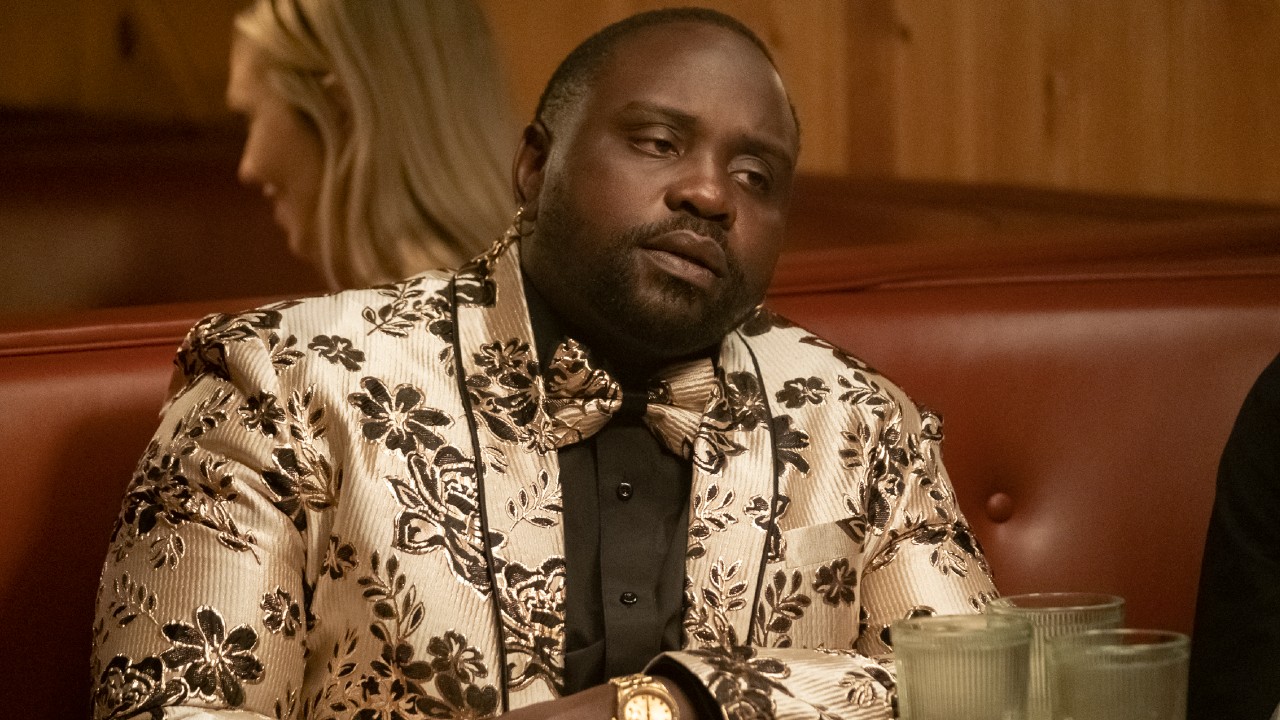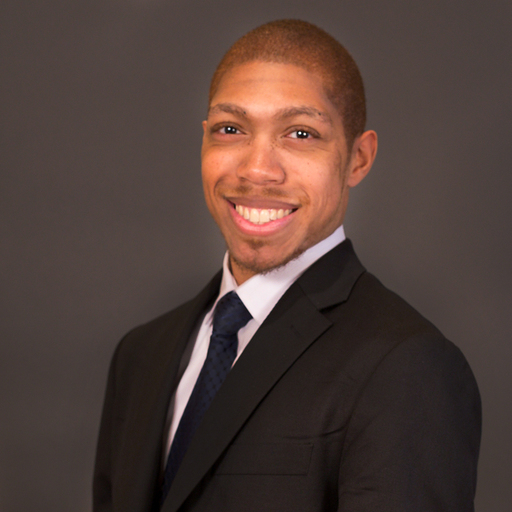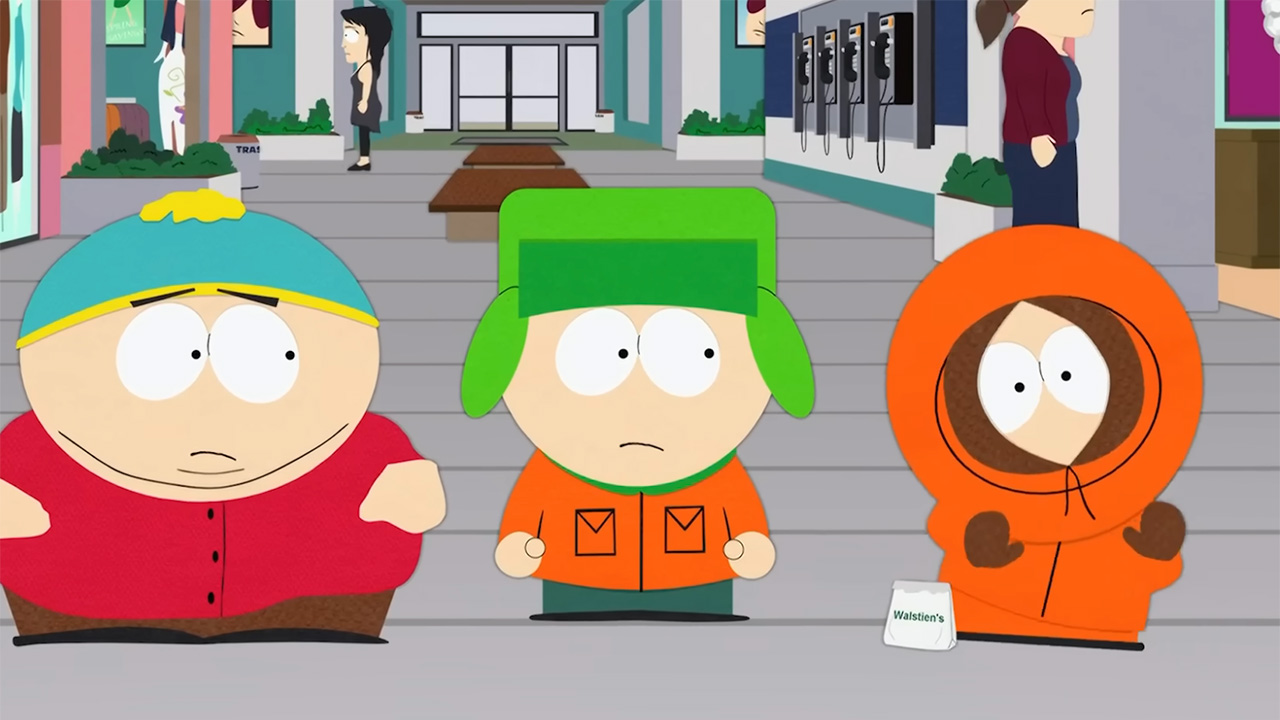Atlanta Has Made Comments On Black Musicians Before, But Its Critiques During Season 4 Are Spot On So Far
Atlanta is spitting some serious facts.

Your Daily Blend of Entertainment News
You are now subscribed
Your newsletter sign-up was successful
FX’s Atlanta has covered a lot of ground over the course of its run. The show has not only introduced endearing characters and fleshed them out in meaningful ways, but it’s also put them in some pretty trippy situations. Aside from its use of afrosurrealism though, the series has also employed some pretty sharp social commentary. A topic that it covers most frequently is the music industry, especially its relationship to Black artists. The Donald Glover-created series has made plenty of comments on musicians of color before but, so far, Season 4’s are proving to be some of the most spot-on observations the show has made.
Atlanta Has Tackled Black Artists And The Music Industry On Multiple Occasions
I mean, how do you even begin to list off the ways that Atlanta has called out the music industry or poked fun at certain elements of it. Brian Tyree Henry’s Alfred "Paper Boi" Miles has predominantly been the conduit for such commentary, given that he’s a rapper who’s been working his way through the biz. The first season came out the gates swinging with episodes like “Nobody Beats the Biebs,” which features an African American version of Justin Bieber. The episode provided some astute thoughts on the “roles” that certain artists must play in the public eye. “The Club” also perfectly (and humorously) depicts a financial aspect of the music grind, as Donald Glover’s Earn (Paper Boi’s manager) attempts to receive payment from a shady club promoter.
The episodes (and the accompanying commentary) have only become more complex as the show has progressed. Season 2 provided an apt look at the professional rat race that occurs in the music industry, specifically the competition that can arise between artists. The seemingly genial rapper Clark County personified that perfectly through his malicious actions and desire to reach a higher level of fame at all costs. (After his absence in Season 3, I’m still hoping that he returns before the show takes its final bow this year). So needless to say, this dramedy has done quite a bit as is but, again, the fourth season is arguably taking things to another level.
Atlanta’s Season 4 Premiere Touched On A Growing Trend Among Rappers
One of the wildest – and most poignant – storylines in Season 4’s first episode, “The Most Atlanta,” sees Alfred going on a scavenger hunt after learning of the death of one of his favorite rappers, Blueblood. Al is taken to all sorts of locales across town while embarking on his mission, relying on objects and signs along the way. Eventually, he manages to reach the end of the hunt, which brings him to the man’s funeral (which also partially promotes his final album). The story in its entirety, is a thoughtful examination of legacies but, on the surface, it also pokes fun at some of the over-the-top ways that artists tend to market their latest content.
If you think a scavenger hunt sounds unrealistic, think again. Just last month, JID sort of did one himself. Ahead of his new album’s release, the star announced that those who found specific Pontiacs scattered across multiple cities would get the chance to hear his new album early. Yeah, I know. It’s wild. And in another situation, Kanye West arranged for “clones” to popular New York City to usher in the release of the Donda (Deluxe) last year. Needless to say, the show was right on the mark with its handling of Blueblood.
Atlanta Discussed The Professional Shelf Lives Of Black Artists And What They Must Do To Stay Relevant
The third (and latest) episode of Season 4, “Born 2 Die” finds Paper Boi being paid to “mentor” a young man who wants to get into music. Benny, who just happens to be a white teen, shows no interest in Al, instead preferring to spend his time with younger artists. While at a session with Benny, Al meets a man named Chunk, who takes him to a meeting held by some colleagues. It’s there that the group’s leader asserts that Black artists must find different ways to adapt in order to stay relevant and on par with their white peers. With this, he suggests the men each find a YWA (Young White Avatar) so that they can successfully manage them and stay afloat in the industry themselves in the process. Al initially scoffs at the idea, but eventually warms up to it, taking on the reckless Yodel Kid as a client.
What the show hits on here is the idea that Black artists need to make business moves such as this to keep up their fame – even if that means “selling out” in the process. And don’t think that this idea is far-fetched. Take Justin Bieber for example. While he was actually discovered by manager Scooter Braun, he got true notoriety as a “protégé” of Grammy winner Usher. And remember Iggy Azalea? Well, she reached out to T.I. when she tried to branch out as a rapper. Funny enough, both Bieber and Azalea did their early work in Atlanta. Yeah, the FX show definitely struck a nerve here.
Your Daily Blend of Entertainment News
These are definitely some interesting ideas to ponder, and what’s exciting to me is that these points were made only in the first three episodes of the final season. Donald Glover really talked up the final two seasons, and he hasn’t disappointed yet. These sharp observations have me more than ready to see more and also serve as major reminders as to why I’ll miss this show when it ends with Season 4.
Atlanta airs new episodes on FX on Thursdays at 10 p.m. ET as part of the 2022 TV schedule. Those who need to catch up can do so by streaming past episodes with a Hulu subscription.

Erik Swann is a Senior Content Producer at CinemaBlend. He began working with the publication in 2020 when he was hired as Weekend Editor. Today, he continues to write, edit and handle social media responsibilities over the weekend. On weekdays, he also writes TV and movie-related news and helps out with editing and social media as needed. He graduated from the University of Maryland, where he received a degree in Broadcast Journalism. After shifting into multi-platform journalism, he started working as a freelance writer and editor before joining CB. Covers superheroes, sci-fi, comedy, and almost anything else in film and TV. He eats more pizza than the Teenage Mutant Ninja Turtles.
